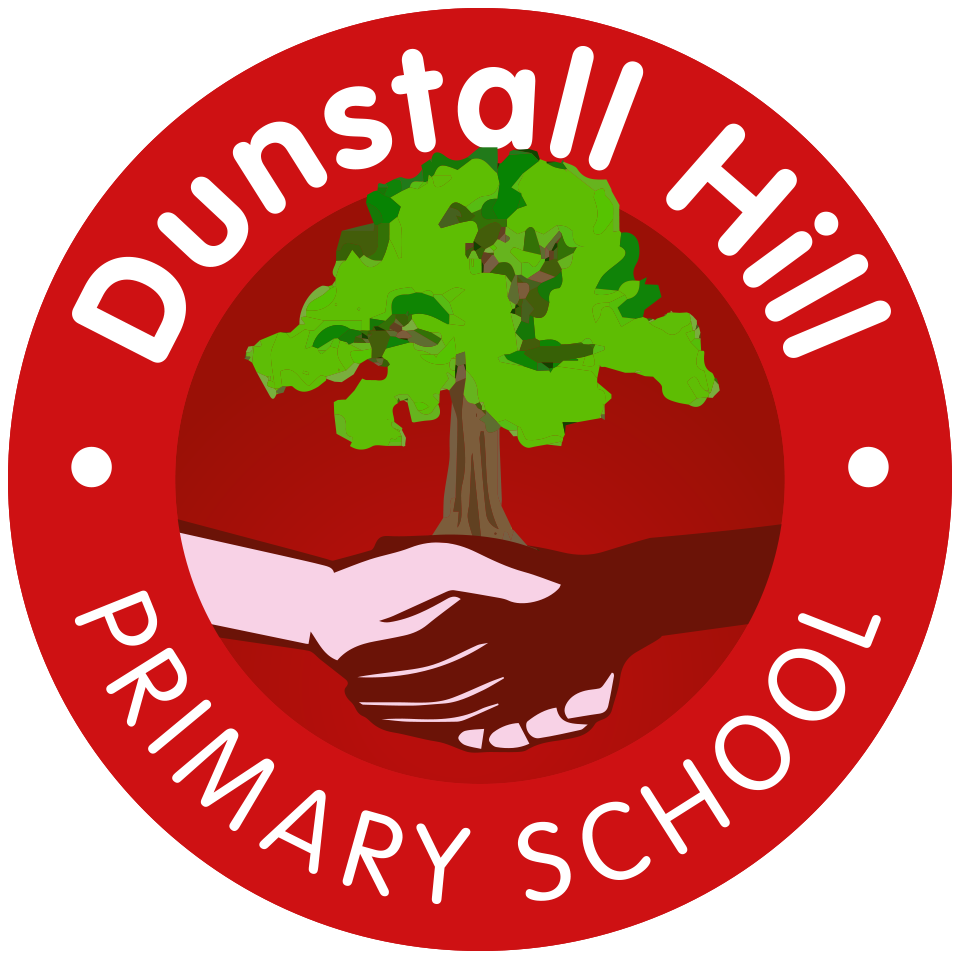GEOGRAPHY
At Dunstall Hill Primary School, we have implemented the PKC Geography curriculum which is a broad, balanced and knowledge rich curriculum that has been developed by experts. This means the knowledge children will gain has been carefully specified, ordered coherently and builds over time.
As children work through our geography curriculum, they will know more and understand more about the world around them. A good geographical understanding relies on firm foundations of knowledge and skills. The skills our curriculum develops, like the knowledge, are specified, ordered coherently and progress over time. This curriculum structure helps pupils to deepen their understanding of physical and human geographical processes, fostering curiosity and fascination for the world we live in.
Our geography curriculum equips children with knowledge about diverse places, people and environments. We have seen that arming children with powerful knowledge about the world around them helps them to develop a love for the subject of geography, and also recognise their own role in becoming a responsible global citizen.
Alongside their study of the UK and Europe, children will extend their knowledge beyond these regions to study world geography. When studying world geography, children will focus on places such as North and South America, Asia, Africa, Australia, New Zealand and the South Pacific Islands.
Applying their knowledge and understanding of the globe, latitude, longitude, the hemispheres and time zones, children will describe and understand physical geography of countries and continents including biomes, vegetation belts, rivers, mountains, volcanoes and earthquakes. They will consider a range of human geographical features such as settlements, land use, trade links and natural resources.
THE IMPORTANCE OF GEOGRAPHY
Geography Overview
Click here to view the Geography overview.
Early Years links to Geography
Geography in Early Years encourages children to explore their surroundings and the natural world around them.
Children will begin to explore the environment around them and outdoor areas. They will engage with a range of books, displays and images from around the works and encourage children to talk about them and ask questions.
Alongside this, children’s attention will be drawn to the local environment and they will begin to develop new vocabulary that is modelled to them. They will also learn about different local and international environments and begin to compare them.
